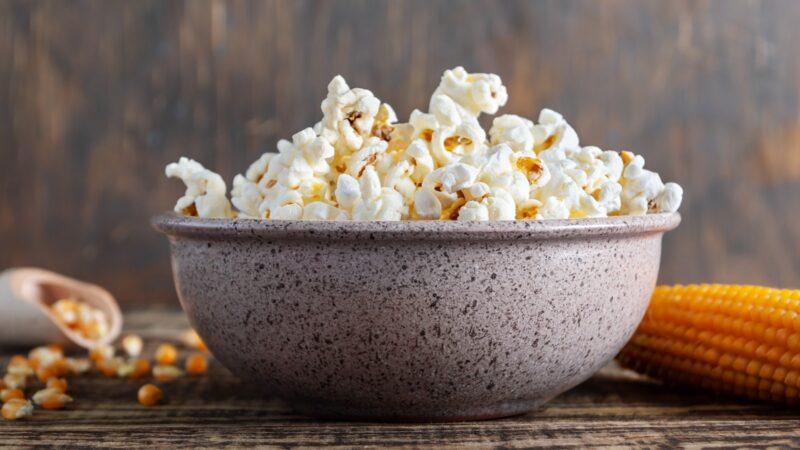Top FAQs About Halal Food Answered

Are you looking to learn more about halal food? Halal foods are those that meet certain Islamic dietary standards, and they can be found around the world. To help you understand more about this type of food, we’ll answer some of the common questions about halal food. Read on to explore the answers to FAQs about halal food, including what it is, how it differs from other food, and what the potential health benefits and risks of consuming this type of food can be.
What Is Halal Food?
Halal food is food that follows Islamic laws and guidelines, which means that it is permissible for Muslims to consume. To be considered halal, certain rules must be followed in its preparation, such as not including any prohibited ingredients, like pork or alcohol, as well as ensuring adherence to zabiha, or humane animal slaughter.
Halal food must also be prepared and served in a sanitary environment to avoid contamination. Halal food is extremely versatile and can include everything from grains to cheeses and fish. While it is enjoyed by Muslims, it can also be appreciated by people of all backgrounds and beliefs.
Although the term halal is often associated with food, it applies to all aspects of life, not just nutrition. Halal encompasses all aspects of life that are in line with Islamic law, including behavior, clothing, and more. All items considered halal must adhere to certain standards, such as fulfilling certain dietary requirements and avoiding the use of certain materials.
How Is Halal Food Different From Other Foods?
Halal food is food that is permissible to be consumed according to Islamic law. It is considered to be pure and wholesome, and has special rules and regulations that guide its preparation and consumption. Halal food differs from other foods in a number of ways, most notably in the methods used to slaughter animals and the ingredients used in the food.
When it comes to the slaughter of animals, halal food requires that the animal be slaughtered in a humane manner that involves cutting the throat, windpipe, and blood vessels while invoking the name of Allah. This method is seen as being more humane and respectful of the animal. Additionally, no other animal products, such as pork, are allowed to be used in the production or consumption of halal food.
The ingredients used are also far different from those used for other foods. Halal food does not allow for the consumption of certain meats, such as pork, as well as certain seafoods and birds. Additionally, ingredients such as alcohol and certain animal fats are prohibited. This is in contrast to other foods which may not be as restricted in terms of ingredients.
Finally, halal food is seen as being more nutritious than other foods. This is because the animals used for halal food are fed natural and nutritious diets, whereas animals used for non-halal foods may be fed unnatural diets and raised on factory farms. Additionally, the way in which the animal is slaughtered means that the meat is fresher and more nutritious.
Overall, halal food is distinct from other foods due to the methods used to prepare it, the ingredients used, and the perceived benefits of its consumption. This is why it is important to be aware of the differences between halal food and other foods so that you can make an informed decision when deciding what to eat.






